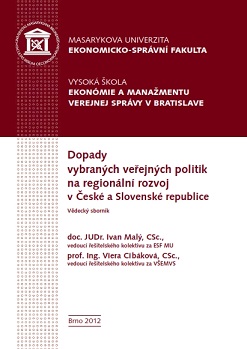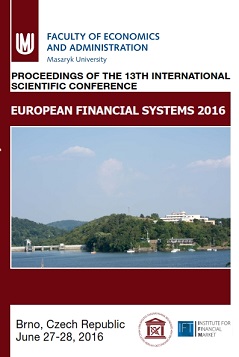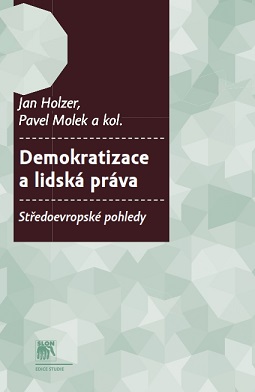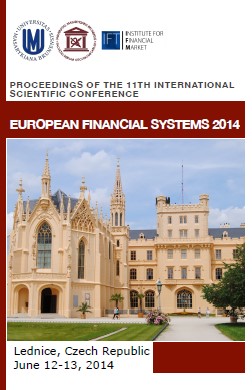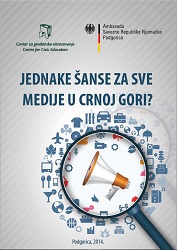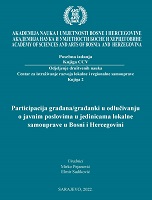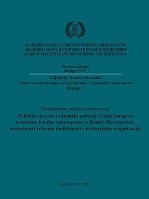Author(s): Zijad Hasić / Language(s): Bosnian
Publication Year: 0
In the course of its history, Bosnia and Herzegovina went through various forms of territorial and political organization. Existing in various empires and republics, it went through different forms of territorial organization, depending on the government, but also its geographical position and its other factors. At the local level, passing through cooperative forms (Puljiz, 1991), as forms of social organization in a traditional village, it also changed the territorial and political forms of organization. Today they are municipalities and cities. On the international level, the capitals have important roles, which they should perform well. Thus, for example, the UN requests, in order to implement the 2030 Agenda, that the countries of the European Union, as well as other member states, undertake activities to plan the future of these entities. The UN requests that by the end of 2018, all member states draw up long-term national plans on numerous issues that need to be planned and implemented until 2030. And the City of Sarajevo should actively approach this obligation and make realistic and ambitious plans, and then implement them. From a normative point of view, the competences of the City of Belgrade and the City of Zagreb are more precisely and completely defined in relation to the position of the capital of Bosnia and Herzegovina, the City of Sarajevo. This is supported by the existence of special laws on the capital, which regulate all important issues of the City of Belgrade and the City of Zagreb. A similar law should be passed for the City of Sarajevo, appreciating the nature and complexity of the problem and regardless of the fact that there are many norms governing its function. Some relations should be regulated by law, and others by lower acts. The issue of organization, education, jurisdiction, institutional organization, etc. are matters of the greatest importance for the city as a unit of local self-government, so such a regulation should be adopted. It is noticeable that in Serbia the units of local self-government are municipalities and cities. It is obvious that the municipalities that are part of the City of Belgrade are not local selfgovernment units. Those municipalities that are not part of the city are units of local selfgovernment. Those municipalities that are part of the city are highly dependent on the city, and with their competences that they received from the city, they perform tasks for the city and are paid for those activities. It is noticeable that in Serbia the units of local self-government are municipalities and cities. It is obvious that the municipalities that are part of the City of Belgrade are not local selfgovernment units. Those municipalities that are not part of the city are units of local selfgovernment. Those municipalities that are part of the city are highly dependent on the city, and with their competences that they received from the city, they perform tasks for the city and are paid for those activities. The regulations related to the competences of the City of Belgrade provide for the direct participation of citizens in the implementation of local self-government. I think that the activities of the city of Belgrade, which are standardized in this way, should be similarly standardized in the most important acts of the city of Sarajevo. The normative structure of the City of Zagreb is very precisely regulated by numerous legal and by-laws. The precise regulation of these issues eliminates the possibility of conflicts between the competences of the capital city and its municipalities, so this should also be taken into account in normative activities for the City of Sarajevo. The significant issue of regulating the jurisdiction of the cities of Belgrade and Zagreb is visible in the precise and complete regulation of the issue of goods in public use. Goods in public use are goods that give strength to the city and are protected in a very good way in the cities of Zagreb and Belgrade. It should be seen whether similar normative solutions can be applied to the City of Sarajevo. An analysis of the normative and institutional structure of the capital cities of Belgrade, Zagreb and Sarajevo shows that they have something to offer each other. The experiences of each of these cities can be an incentive for better normative and institutional arrangement of each of these cities.
More...
